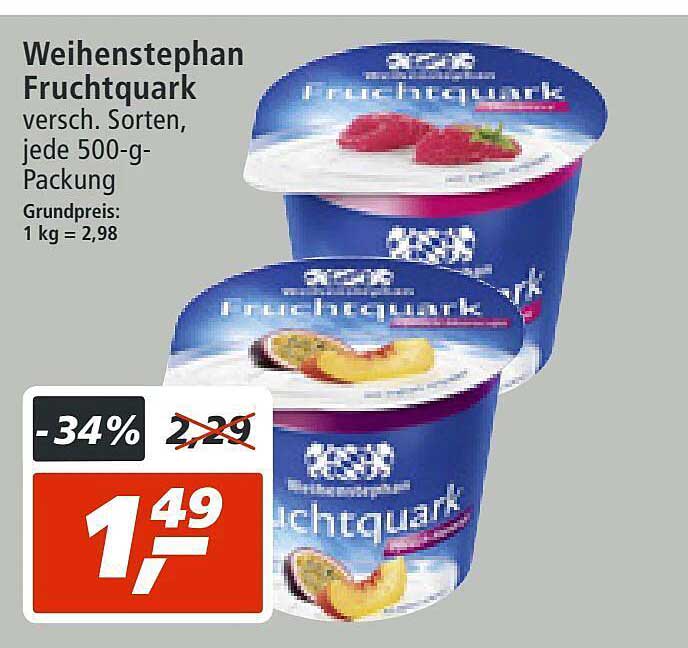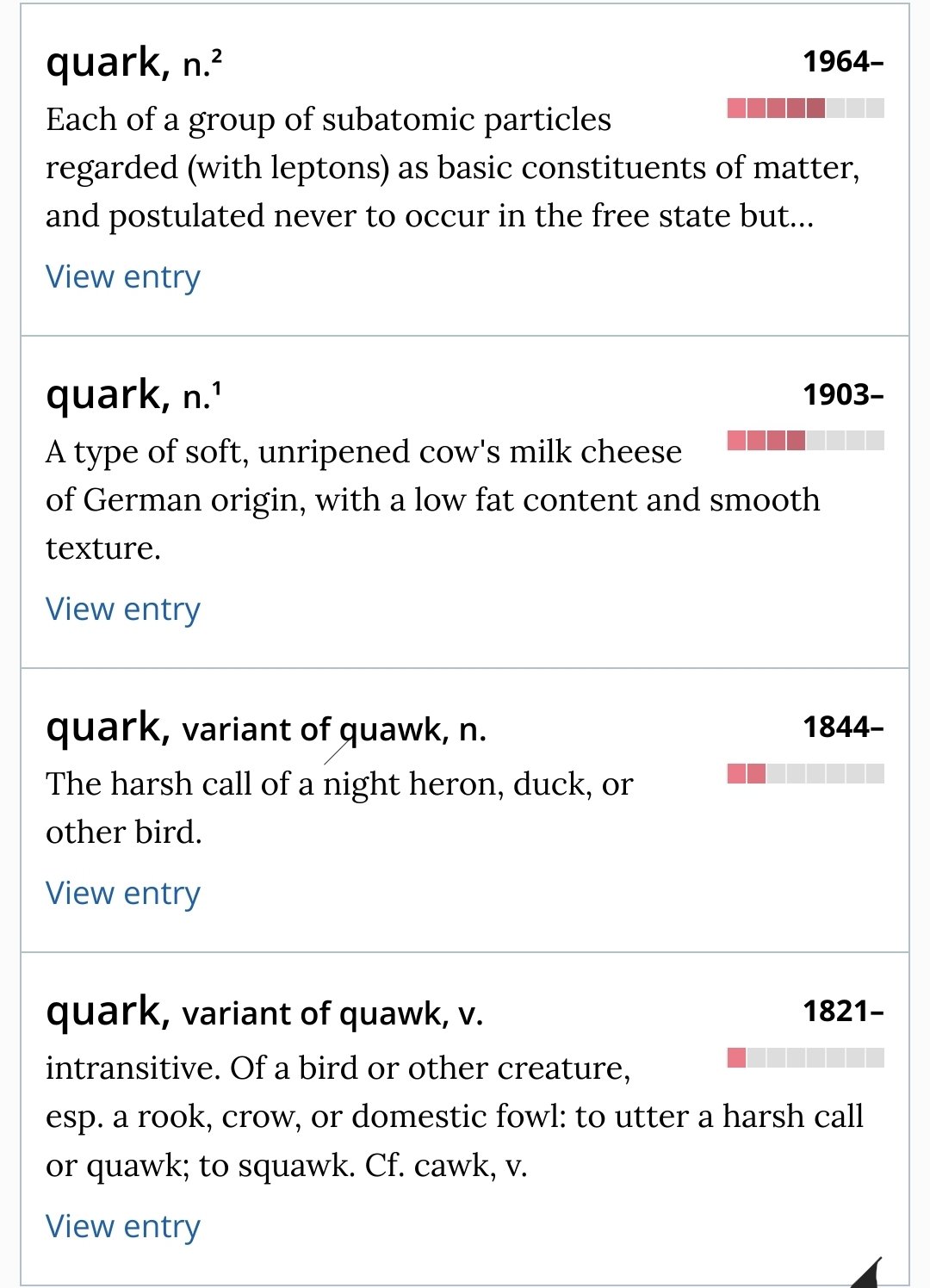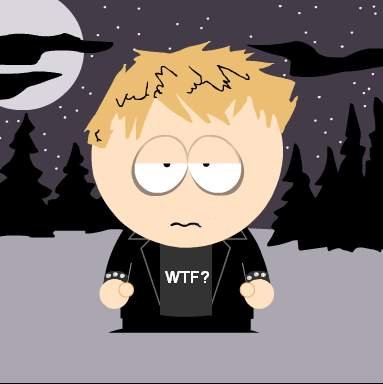A strange joke, but quite charming
You lepton that quick
I’m not trying to be hadron you, but this joke needs to be baryon’d
Joke had its up an down
This reference is scraping the bottom of the barrel.
On the contrary, this is top shelf humor
What actually is quark? (Not the CERN one)
You might know it as curd (cheese)
Wooo thanks
Not really, no, the texture is never grainy. Micrograins, kinda, but never big lumps. Closest equivalent is Skyr. Consistency between cream cheese and yoghurt, taste more like cottage cheese.
https://www.cooksinfo.com/curd-cheese looks close enough for me. Maybe you are thinking about cheese curds, which sounds the same but is in fact very different?
Seems so, yes, really shouldn’t surprise that the basic idea is known in the UK. Certainly not something you can get for breakfast over there, though, had to survive on nothing but full English because the purpose of their croissants is to spite the French and don’t get me started on weetabix. Actually, coming to think of it quark is probably the only thing it’d actually work in.
OOP might have looked for something like this.

The physicist who named the particle apparently liked to come up with nonsense words in his head. Later, when trying to decide the spelling, he came across a quote by James Joyce and spelled it “Quark”. Unfortunately, the particle rhymes with fork, while the german cheese rhymes with Mark.
According to his own account he was in the habit of using names like “squeak” and “squork” for peculiar objects, and “quork” (rhyming with pork) came out at the time. Some months later, he came across a line from Joyce’s Finnegans Wake:
Three quarks for Muster Mark!
Sure he has not got much of a bark
And sure any he has it’s all beside the mark.
The line struck him as appropriate, since the hypothetical particles came in threes, and he adopted Joyce’s spelling for his “quork.” Joyce clearly meant quark to rhyme with Mark, bark, park, and so forth, but Gell-Mann worked out a rationale for his own pronunciation based on the vowel of the word quart: he told researchers at the Oxford English Dictionary that he imagined Joyce’s line “Three quarks for Muster Mark” to be a variation of a pub owner’s call of “Three quarts for Mister Mark.” Joyce himself apparently was thinking of a German word for a dairy product resembling cottage cheese; it is also used as a synonym for quatsch, meaning “trivial nonsense.”
https://www.merriam-webster.com/wordplay/quark
However, there is another interpretation of the quote.
This passage from James Joyce’s Finnegans Wake, part of a scurrilous 13-line poem directed against King Mark, the cuckolded husband in the Tristan legend, has left its mark on modern physics. The poem and the accompanying prose are packed with names of birds and words suggestive of birds, and the poem is a squawk against the king that suggests the cawing of a crow. The word quark comes from the standard English verb quark, meaning “to caw, croak,” and also from the dialectal verb quawk, meaning “to caw, screech like a bird.”
https://www.ahdictionary.com/word/search.html?q=quark
This sounds very learned and all, but I can’t find that standard English verb in the dictionary.
I hadn’t read there were so many angles on the word. I had heard it came from Joyce and never dug deeper. I’m surprised that you quoted a passage from Oxford but didn’t check the OED. Joyce being Irish, the OED would better document the English he’d have been using. Merriam-Webster and derivatives are American English dictionaries.

Honestly, I’m just surprised physicists don’t have a gif/jif thing going on with quork/quark pronunciation.
Huh. I thought I did check OED. Maybe it’s cause I don’t have a subscription. Or maybe I just mucked up the search.
Let me google that for you: Quark
Lot of ambiguity in that way here
Except that in the OP the OOP specifically refers to “containers of flavored quark” which slices away any ambiguity. It’s clearly the dairy product being asked about.
It could be flavoured anything. And there are a lot of things with same name. I cannot confirm which one OOP meant that easy
I would have sent them to ds9, at least they have a holodeck there.
Only one working? Fucking Rom.
Come on, it’s not his fault, if Quark just bought better spatulas it would be fine
It used to be, you got 3 quarks for a mark, but then it was 6 quarks, because the euro was 2 marks. Now you only get 2 quarks, though, because of inflation. It’s always just up and down. Stupid cosmologists.
So silly!
But what if I want neutrino flavors?
Do I have to go to another store?








